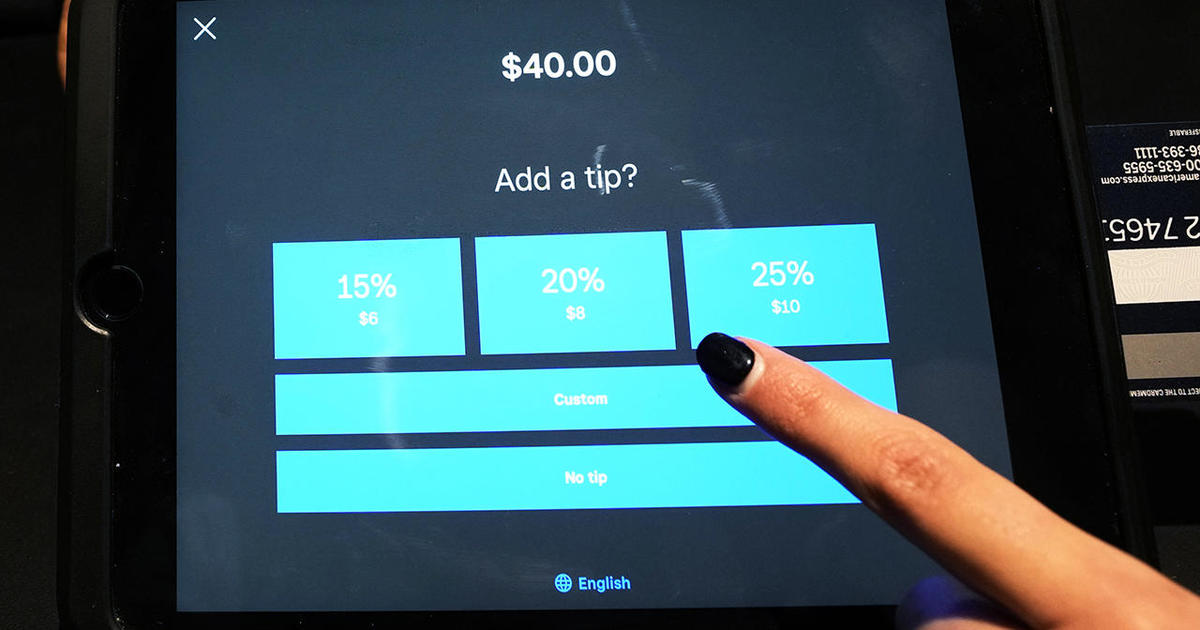

Let’s say you are applying for an engineering position and you want to mention that you contribute to an open source project. Mention the software stack used, maybe the number of downloads, and your focus on the project. Explain it in general terms. If it gets asked about in the interview, just answer questions without providing the name of the project.





























I hear you, and that’s great if it’s something the applicant wants to share. But none of the development work they’ve done at previous companies is work that they’ll be able to share. We take their word on that work. Not taking their word in the same way on other projects seems like a bit of a double standard to me.